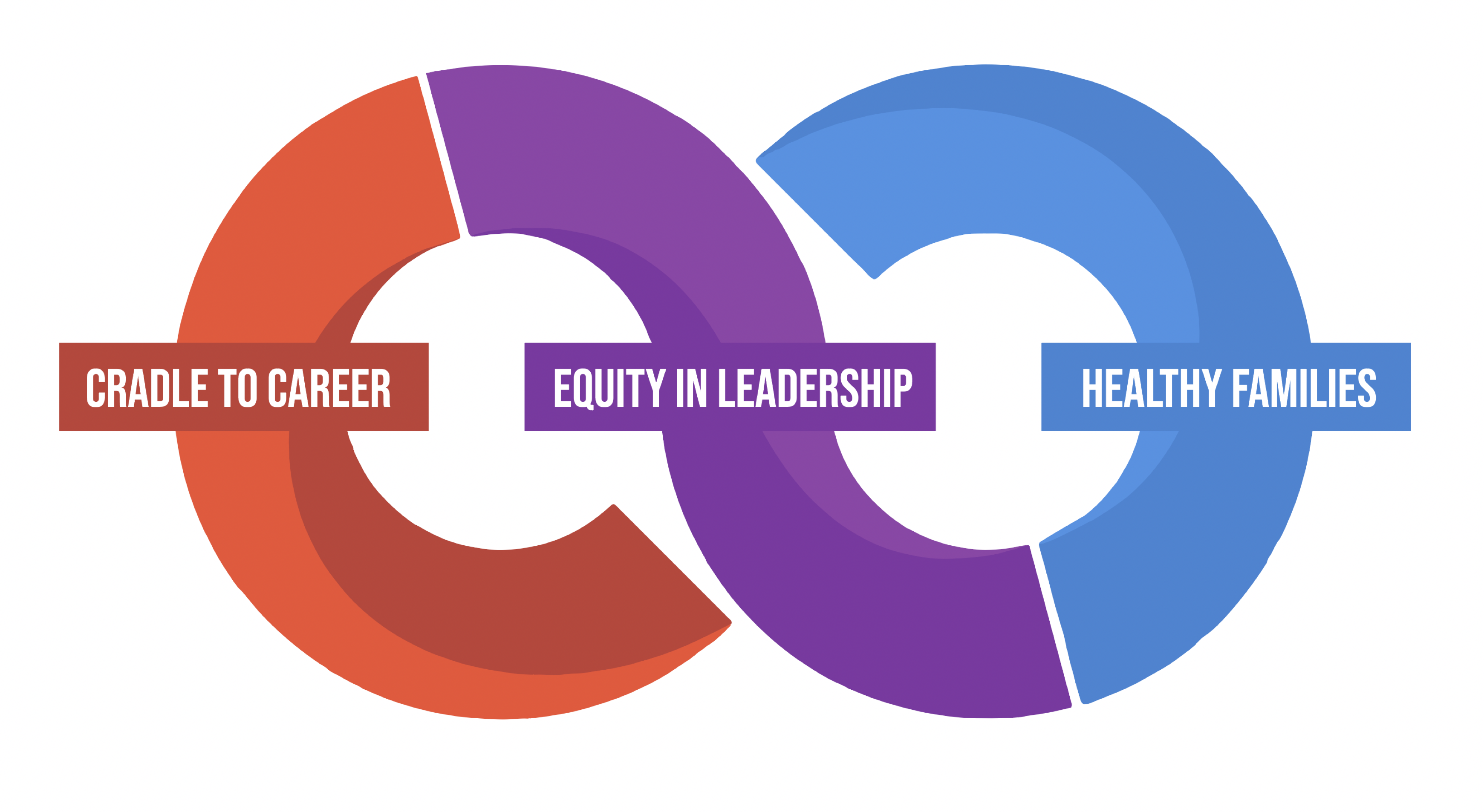This post is a part of our Pursuing Racial Justice and Equity series, which highlights the courageous and vital work happening across our Google Fiber and Google Fiber Webpass cities to fight systemic racism and create more just communities where everyone has the opportunity and the ability to thrive.
United Way of the Greater Triangle (UWGT) has the bold mission to eradicate poverty and increase social mobility through the power of partnerships. With that mission, we serve a four county region in North Carolina in which more than 200,000 residents experience poverty every day.
For 133 years, United Ways across the country have served those crushed under the weight of impoverished environments. That service has looked, felt, and sounded like charity: direct social services in response to existing, immediate needs. Yet the issues have not gone away; they have gotten worse and that’s especially true for Black and brown communities.
The next 133 years demand more. In a time when everyone is making public statements about their stance on race in this country, we believe that “well done is better than well said.” United Way of the Greater Triangle is up to the challenge to act. We believe in:
- An orientation to justice where we look for solutions that attack the root causes and don’t just deal with the effects of poverty.
- A re-imagination of philanthropy where authentic partnerships with marginalized communities mean they retain the right to design the solutions for their lives rather than have approaches imposed on them.
- An acknowledgment that the burden of poverty does not rest on the shoulders of the impoverished but on the systems with which they interact and the people that hold those systems up.
- An anti-racism community.
The “what” won’t change. We have known the key levers of poverty for decades: early childhood care and education, literacy, high school graduation, career readiness, affordable housing, mental health, and food.

United Way of the Greater Triangle’s investment strategy honors the importance of these focus areas by dedicating two of the three core pillars of our work to supporting children and parents from Cradle to Career and acknowledging that safe and affordable housing, access to nutritious meals, and homes free of violence and substance abuse lead to Healthy Families.
The third leg of our community impact strategy, Equity In Leadership, promises to empower marginalized leaders, amplify the stories of community that celebrate strength and don’t exploit deficits, and prepare the entire community for the full inclusion and success of people of color and women. Shout out to Google Fiber for their support of our initial grant-making investment in this pillar:
10 To Watch.
The positioning of equity as a stand-alone pillar, in the center of our strategy, also means that equity sends tentacles into our Cradle to Career and Healthy Families strategy. That looks like:
- Pulling apart community level data connected to the key levers of poverty to focus our work on the parts of our community that are suffering the most.
- Critically analyzing our own funding portfolio and internal operations through an equity lens. Through that same framework, we’re building and implementing new policies, procedures, and grant-making processes.
- Asking our nonprofit partners equity-centered questions, not as a punitive measure, but as a way to determine how UWGT can leverage its assets to support and further the equity journey of our entire region.
Our equity lens tells us where disparities exist. Our anti-racism lens tells us why. With the recent launch of the
Anti-Racism Community Fund (with support from partners like Google Fiber), United Way of the Greater Triangle continues its evolution into becoming the organization that our community needs now and in the future. We cannot live our mission and the Triangle cannot live into its desire to be anti-poverty without being an anti-racism community.
The Anti-Racism Community Fund will:
- Invest in the leadership development and ideas of local community leaders.
- Invest in scalable, anti-racism solutions aimed at systems perpetuating systemic racism.
- Invest in the training, education, and awareness building that increases the capacity of the entire community be anti-racist.
A fundraising campaign alone is not enough to achieve the long-term, sustainable results we need. United Way of the Greater Triangle is proud to join the existing anti-racism movement, providing visibility to our audience and access to our platforms, adding to a narrative campaign that engages the community in solution oriented conversations about race, changes interpersonal interactions and shifts decision making to support the inevitable success of the entire community.
No matter where you are when you read this, you have the opportunity to take your next step in this movement. “Google” anti-racism and learn about the movement. Identify the leaders in your area that are leading the movement. Ask your local United Way about how equity is shifting the way they show up in community. Boldly adjust your personal or organizational mission and focus to be who your community needs you to be.
Posted by Nick Allen, Chief Program Officer, United Way of the Greater Triangle



